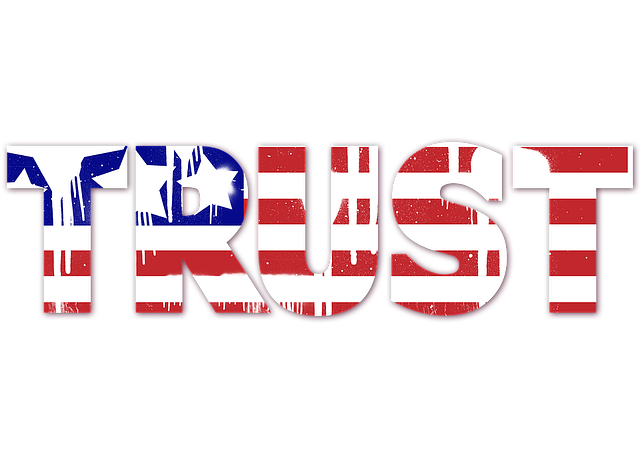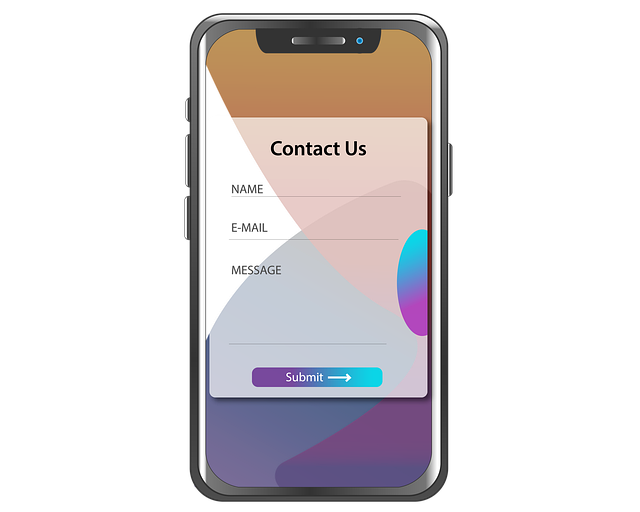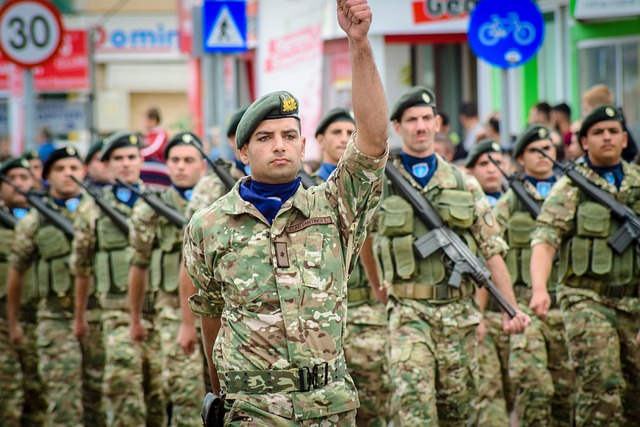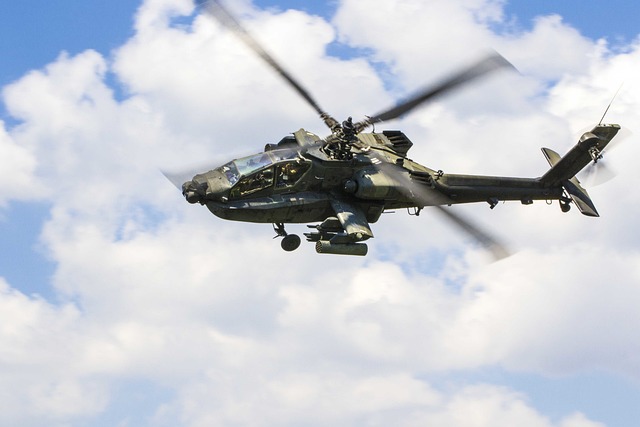The US Army Special Forces go beyond their military prowess by actively engaging with communities through strategic partnerships, leveraging their expertise in crisis response, leadership training, and humanitarian assistance. They host community outreach events, requiring meticulous planning, tailored activities, and seamless logistics. These events focus on interactive techniques like games and workshops to foster ownership and investment among attendees. Measuring impact through data collection and assessment is crucial for refining programs, improving outcomes, and strengthening community connections, mirroring the Special Forces' adaptive tactics.
The US Army Special Forces, known for their exceptional community engagement, play a pivotal role in fostering connections through outreach programs and events. This article explores their successful collaborations with local organizations, delving into event management strategies that ensure impactful interactions. From building partnerships to implementing interactive techniques, we uncover how these specialized units engage diverse communities. Additionally, we discuss measuring the success of such initiatives, providing valuable insights for effective community outreach.
- Building Community Partnerships: How US Army Special Forces Collaborate with Local Organizations
- Event Management and Logistics: Strategies for Successful Outreach Activities
- Fostering Engagement: Interactive Techniques to Connect with Diverse Communities
- Measuring Impact: Evaluating the Success of Community Outreach Programs and Events
Building Community Partnerships: How US Army Special Forces Collaborate with Local Organizations

The US Army Special Forces, known for their exceptional operational capabilities, also excel in community outreach through strategic partnerships with local organizations. These partnerships are a cornerstone of their engagement strategies, fostering strong bonds between military and civilian communities. By collaborating with schools, non-profit groups, and community centers, the Special Forces enhance their ability to understand and address local needs, ensuring their efforts align with the goals and aspirations of the people they serve.
Through these partnerships, US Army Special Forces bring unique expertise in crisis response, leadership training, and humanitarian assistance. They offer workshops, conduct exercises, and provide resources tailored to empower local organizations and community members. This collaborative approach not only strengthens community resilience but also fosters a sense of shared purpose, creating a safer and more stable environment for all.
Event Management and Logistics: Strategies for Successful Outreach Activities

Community outreach events, especially those involving large-scale participation like US Army Special Forces initiatives, demand meticulous planning and execution. Successful event management involves a deep understanding of target demographics and tailoring activities accordingly. This includes strategic location selection, considering both accessibility for attendees and symbolism to resonate with the community.
Logistics play a crucial role in ensuring a seamless experience. This encompasses everything from securing necessary permits and managing volunteer coordination to setting up efficient communication channels. By implementing these strategies, outreach programs can effectively connect with their audience, fostering meaningful interactions that align with US Army Special Forces’ mission of building strong relationships within the community.
Fostering Engagement: Interactive Techniques to Connect with Diverse Communities

In community outreach programs and events, fostering engagement goes beyond traditional speeches and presentations. The US Army Special Forces emphasize the importance of interactive techniques to connect with diverse communities. By incorporating activities that encourage active participation, organizations can create a more inclusive environment, fostering a sense of ownership and investment among attendees.
This approach draws inspiration from the Special Forces’ tactically focused training, which values adaptability and real-time problem-solving. In outreach events, facilitators can employ these principles by integrating games, workshops, and discussions that address local needs and interests. This interactive dynamic not only enhances knowledge transfer but also builds stronger relationships between community members and organizations, mirroring the Special Forces’ ability to forge strong alliances in diverse environments.
Measuring Impact: Evaluating the Success of Community Outreach Programs and Events

Measuring impact is a vital aspect of community outreach programs, ensuring that efforts are effective and aligned with the needs of the target population. Similar to the strategic planning and mission execution of the US Army Special Forces, successful community initiatives require a structured approach to evaluation. By setting clear goals and employing robust assessment methods, organizations can gauge the reach, engagement, and long-term benefits of their outreach activities.
This process involves collecting qualitative and quantitative data through various means like surveys, feedback forms, attendance records, and post-event reports. Just as Special Forces operatives analyze intelligence to adapt their tactics, community organizers use these insights to refine programs, improve outcomes, and foster more meaningful connections within the community.
The US Army Special Forces’ community outreach programs demonstrate a strategic approach to building strong local partnerships. By collaborating with diverse organizations, managing events effectively, fostering engagement through interactive techniques, and measuring impact, these initiatives not only strengthen community bonds but also enhance the Special Forces’ ability to operate in support of local populations. This holistic approach ensures that outreach efforts are meaningful, sustainable, and aligned with the needs of the communities they serve.
